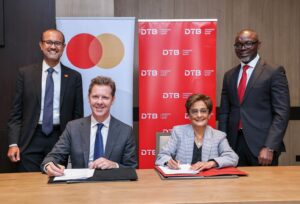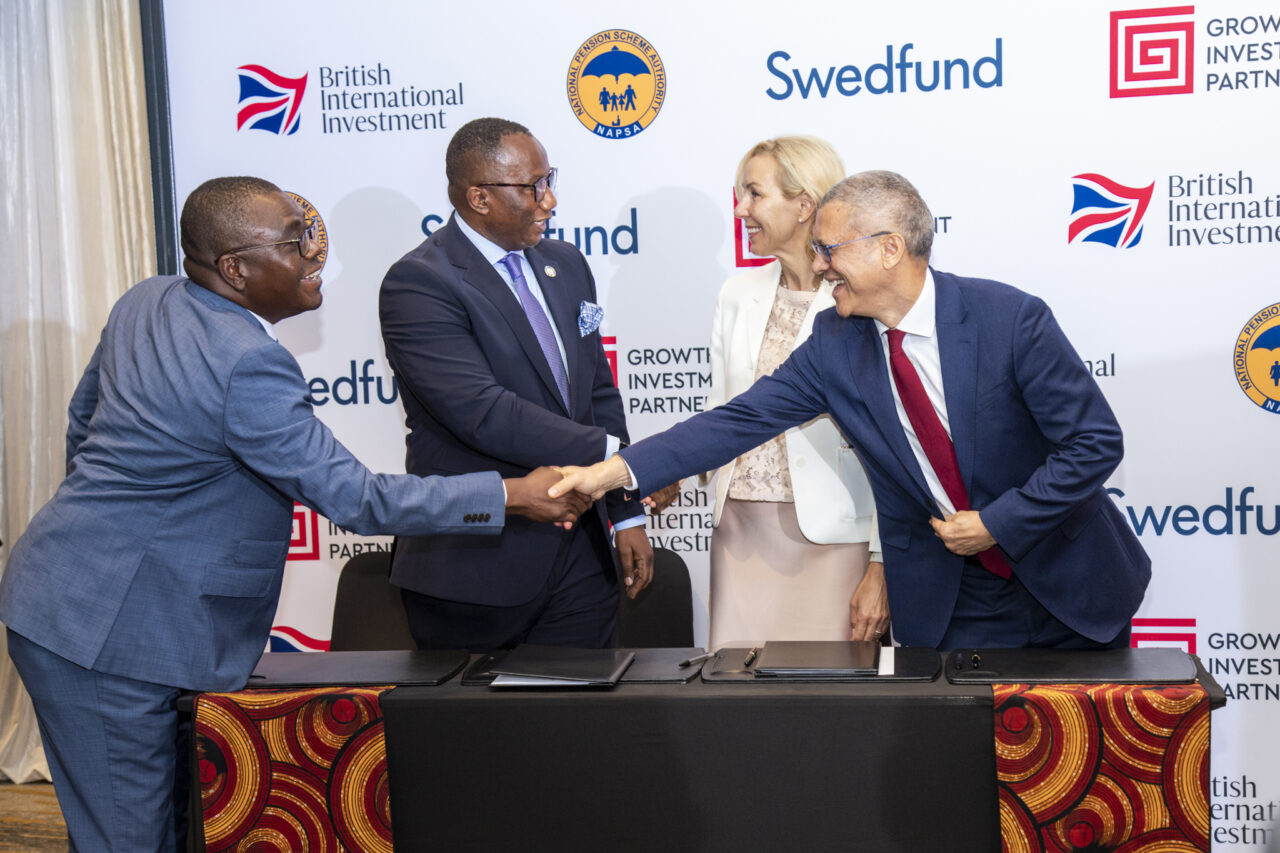The company, named Growth Investment Partners Zambia (GIP Zambia), has secured an initial $70 million in capital.
The funding comes from three main institutions: British International Investment (BII) contributed $37.5 million, Swedish development finance institution Swedfund added $15 million, and Zambia’s National Pension Scheme Authority (NAPSA) provided $17.5 million.
The launch was officially marked at an event in Lusaka, attended by President Hakainde Hichilema and key representatives from all three organizations.
GIP Zambia’s goal is to ease the financing gap that has held back SMEs, which play a big role in the Zambian economy.
According to BII, these businesses make up over 70% of the country’s gross domestic product and provide around 88% of all jobs. The company will mostly offer funding in local currency to make it more accessible.
BII noted that having NAPSA involved early on shows strong local support for the initiative. It also mentioned that talks are underway with other Zambian investors who may participate in future funding rounds.
The Zambian government has set its sights on boosting private sector activity, creating more jobs, and making the economy more diverse.
The International Monetary Fund (IMF) expects Zambia’s economy to grow by 5.8% in 2025, helped by gains in technology, finance, and construction. Despite a harsh drought in 2024, agriculture also performed better than expected.
However, many SMEs in Zambia still struggle to access funding from banks or private equity firms due to their smaller size and need for longer-term support.
BII found that more than 40% of SMEs it surveyed had trouble securing suitable financing to expand their operations.
GIP Zambia plans to offer flexible financing solutions that go beyond what traditional lenders provide.
This includes longer repayment periods, less strict collateral requirements, tailored business support, and risk-sharing options.
The company will target SMEs with annual revenues or assets between $100,000 and $15 million, and funding needs from $500,000 to $5 million.
Over the next 15 years, GIP Zambia is expected to invest over $300 million in around 150 businesses. The main sectors it will focus on include manufacturing, agriculture, and financial services. Support will also prioritize businesses owned or led by locals and women.
Leading GIP Zambia is Musonda Chipalo, who previously worked in finance at the International Finance Corporation.
The model for GIP Zambia is based on a similar initiative, GIP Ghana, which was launched in 2023 with support from BII and Ghanaian partners.
BII CEO Leslie Maasdorp said the creation of GIP Zambia builds on lessons from Ghana and shows the organization’s long-term goal of supporting local financial ecosystems.
“This is the kind of development finance we believe in—working together with local institutions to unlock capital and drive meaningful economic growth,” he stated.
Shipango Muteto, the Chairperson of NAPSA’s board, said the new investment company is a major step for the pension fund.
He emphasized that the project aligns with NAPSA’s mission by helping SMEs while also strengthening the pension fund’s future.
“This is more than an investment for us. It is a strategic move that supports our goal of growing the fund and ensuring long-term value for our members,” he said.




